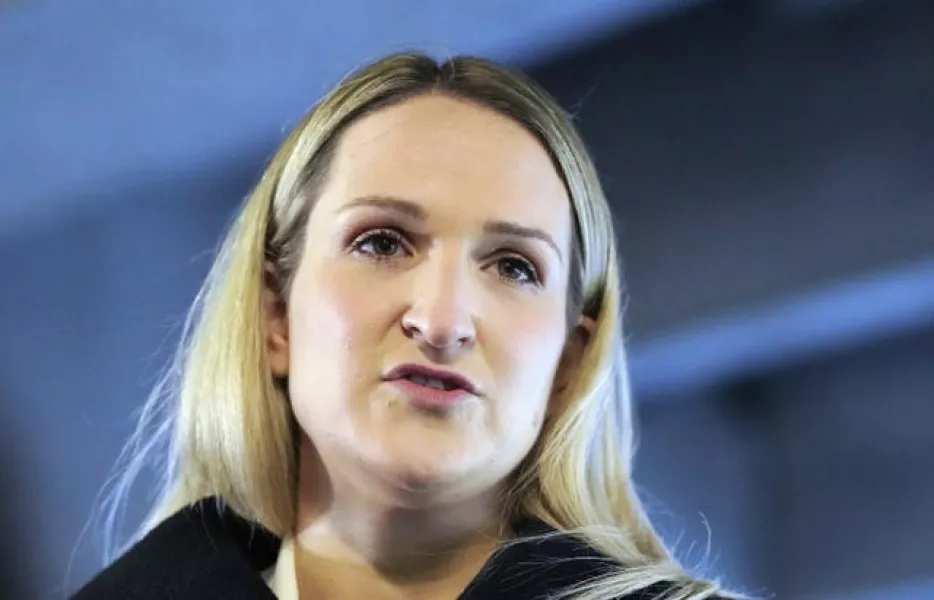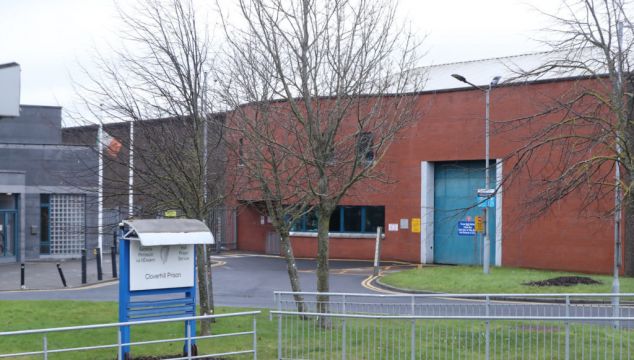No chief executive has been appointed to the new Parole Board, nearly five months after it was launched by the Department of Justice.
Concerns have been raised about the delay, with no clear indication yet of when the role will be filled.
The new Parole Board, which for the first time is fully independent of the Minister for Justice, was launched in August.
However, a full-time chief executive has yet to be appointed.
Recruitment to the role began over the summer and an interim chief is currently in place.
One advertisement for the role said the chief executive would help “drive the start-up phase of the organisation as well as the development and implementation of the strategies, policies and procedures necessary to enable the board to fulfil its statutory mandate”.

Fianna Fáil TD Jim O’Callaghan told PA news agency: “It is very important that the Government gets the Parole Board up and running as soon as possible.
“The legislation was enacted in 2019 and although it takes time to put a board in place, it is imperative now that a chief executive is appointed in the coming weeks so that the new statutory system of parole can commence.”
The new Parole Act increased the time a life-sentenced prisoner must now serve before being considered for parole – from seven to 12 years.
Under the new, statutory model, decisions on the release of life-sentenced prisoners and the early release of prisoners serving long sentences will be made by the Parole Board, as opposed to the Minister for Justice.
The Irish Penal Reform Trust (IPRT) said the new system should have improved “confidence and transparency” for everyone involved in the parole process.
“Over four months after the commencement of the Act, we are hearing that confusion is still rife among the people involved,” Molly Joyce, legal and public affairs manager at the IPRT, told PA news agency.
“The reasons for the delay in appointing a chief executive officer are unclear.”
“This is a critical role, with responsibility for implementing the policies, procedures and decisions of the board. While it is vital that someone with appropriate expertise is appointed, previous timelines given for appointment have come and gone,” Ms Joyce warned.
“While the Parole Board has commenced work in developing its policies and procedures, we are concerned that this work has not been communicated effectively.”
She said that delays with reviews have been “endemic” and warned that the outgoing parole board had a considerable backlog of cases.
A spokesperson for the Department of Justice told PA news agency: “An interim chief executive of the Parole Board is currently in situ, pending the appointment of a full time chief executive.”
“The recruitment process for the post of full-time chief executive should be finalised shortly and the successful candidate announced in due course.”







